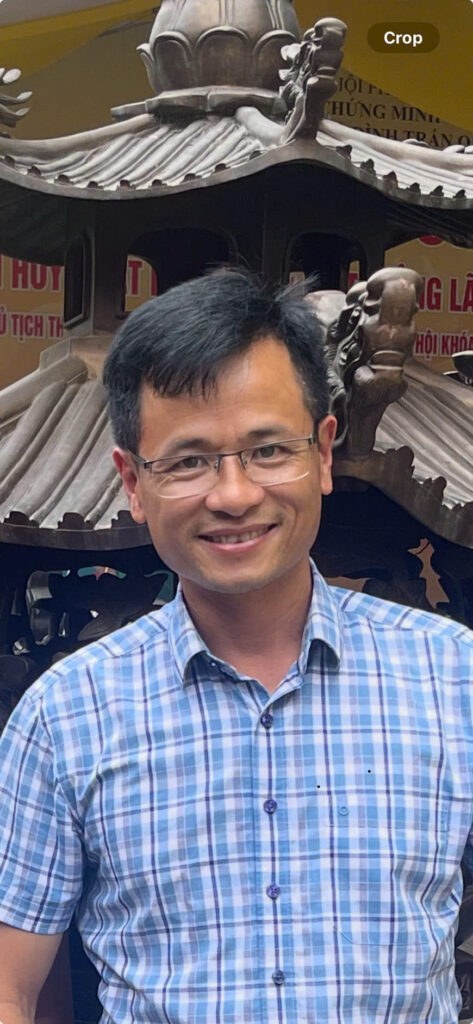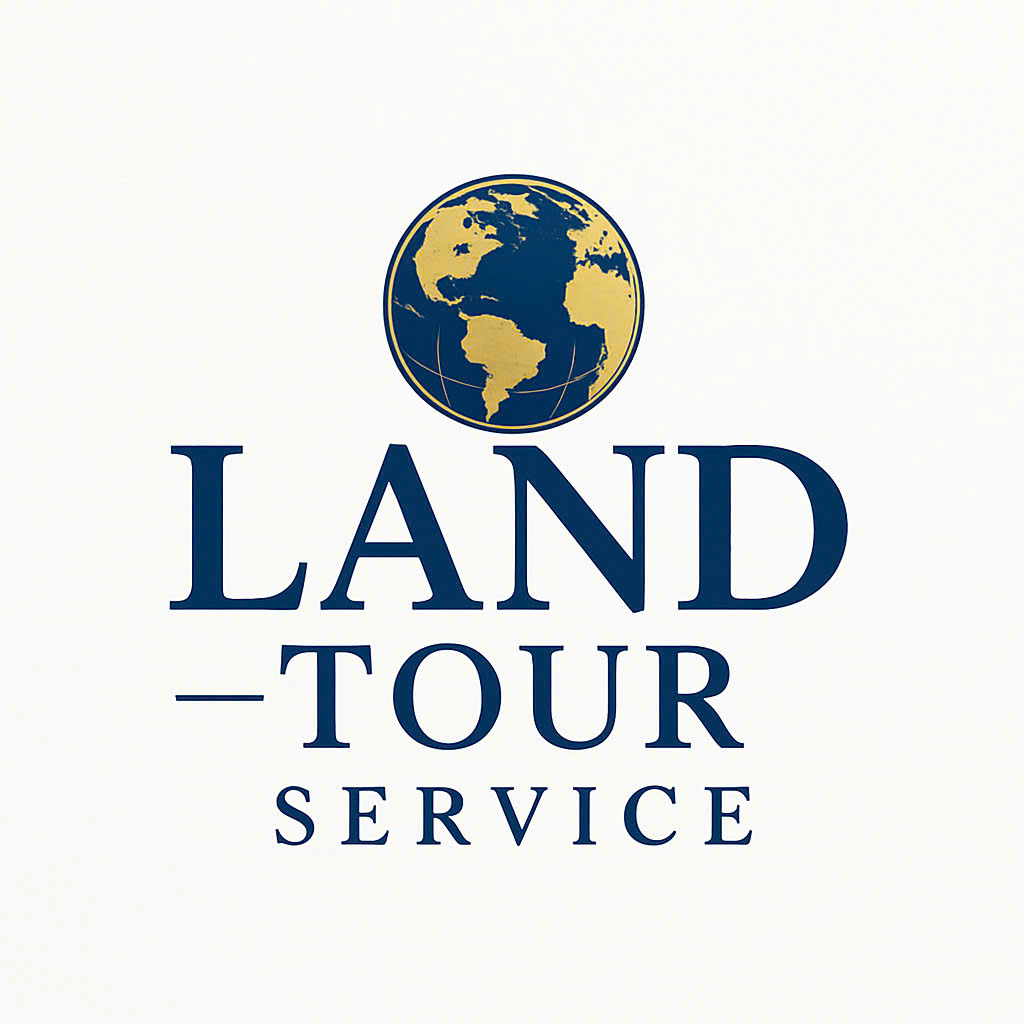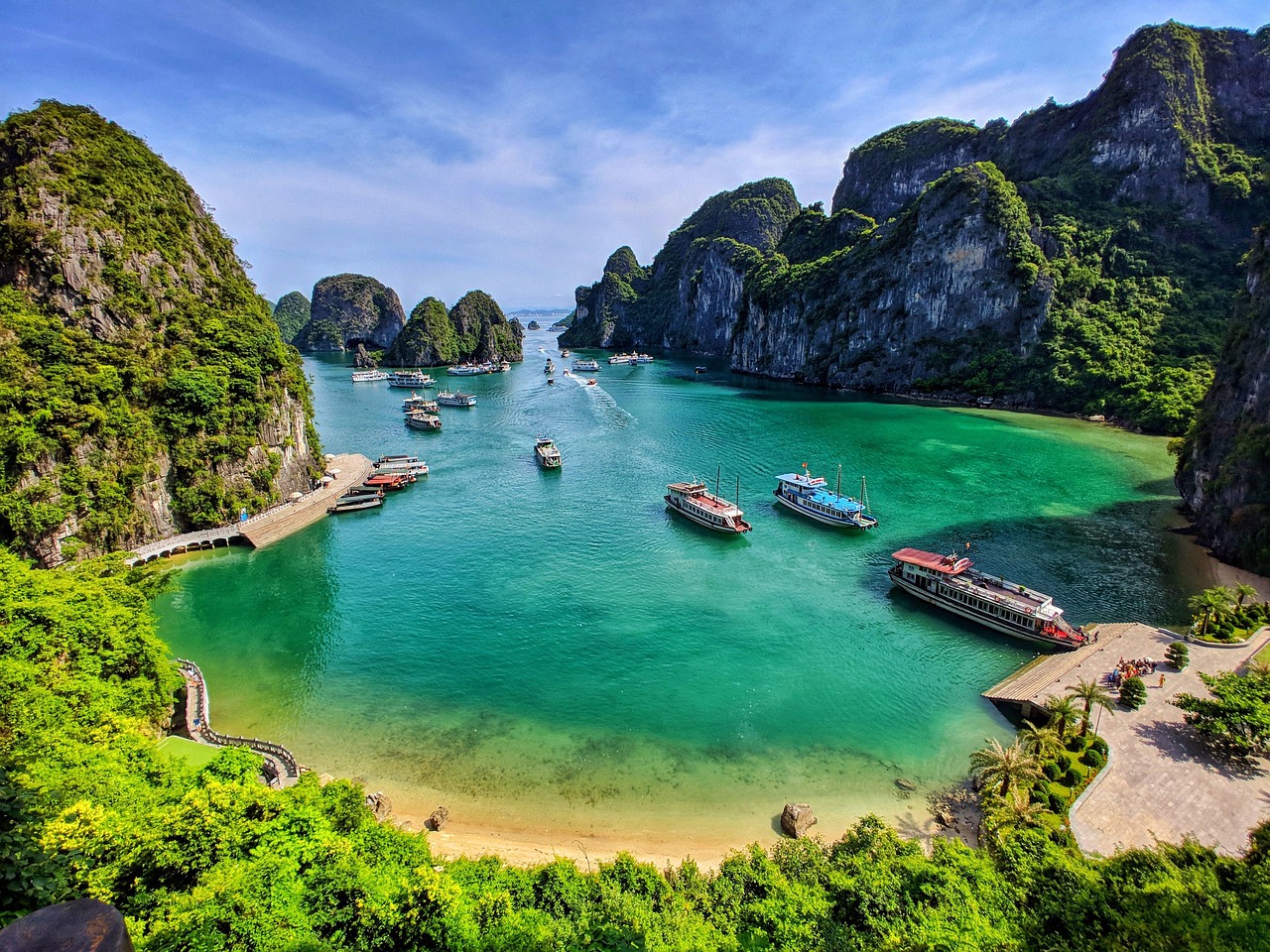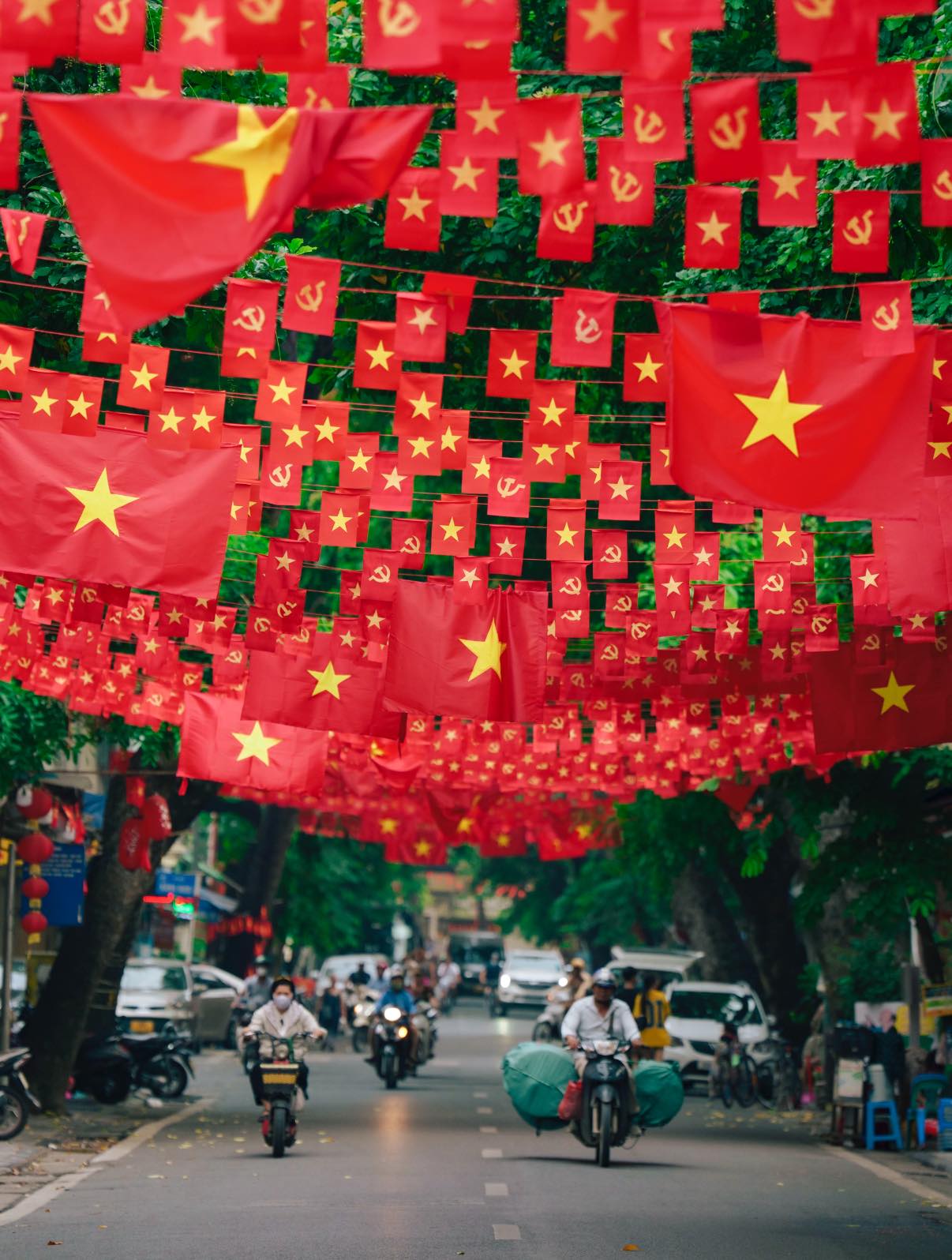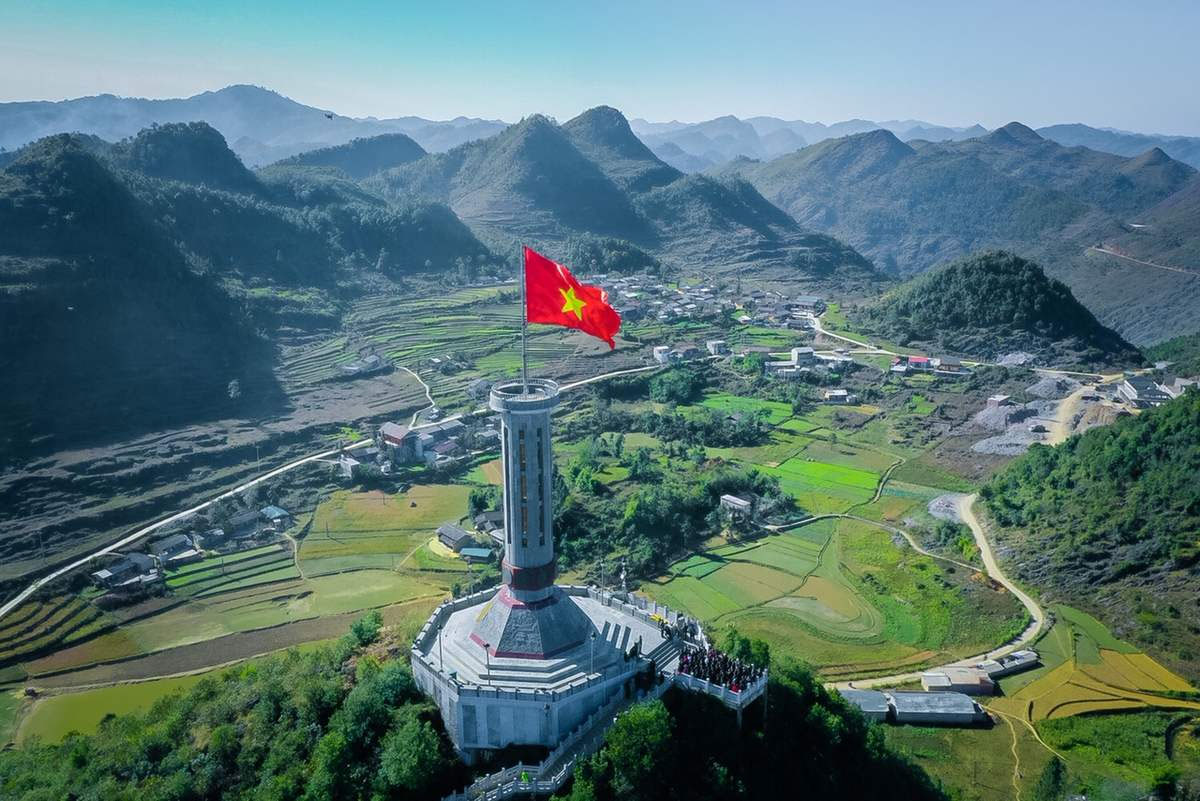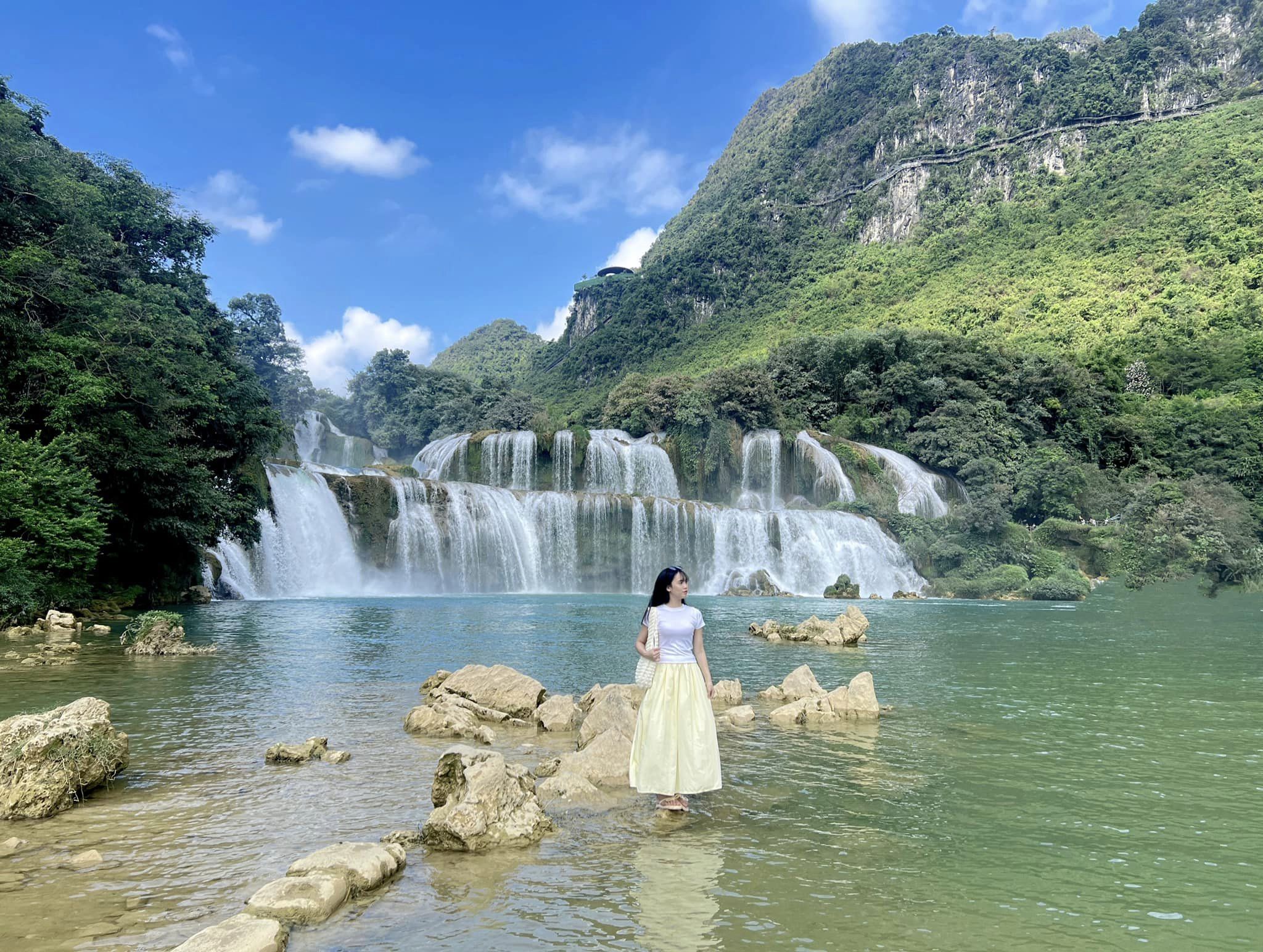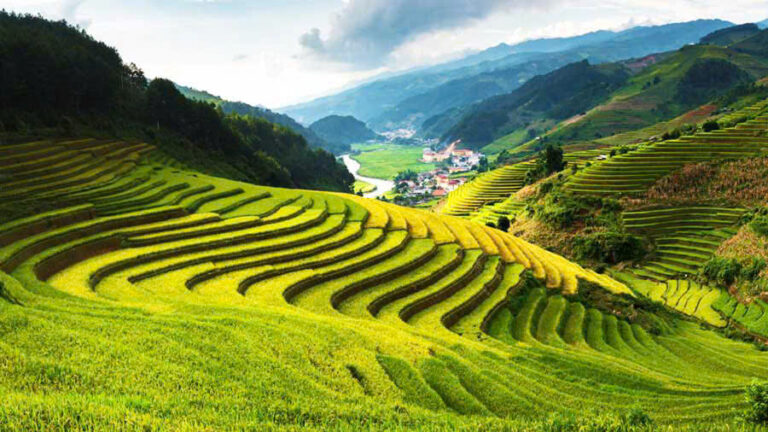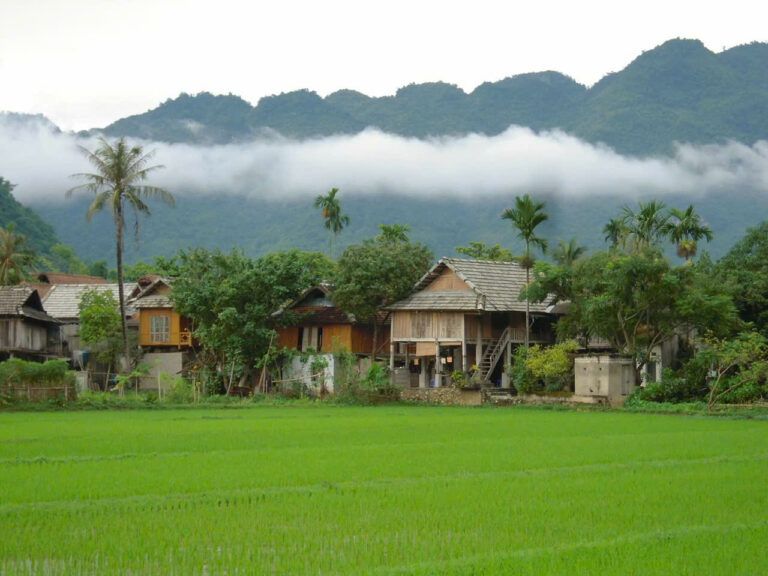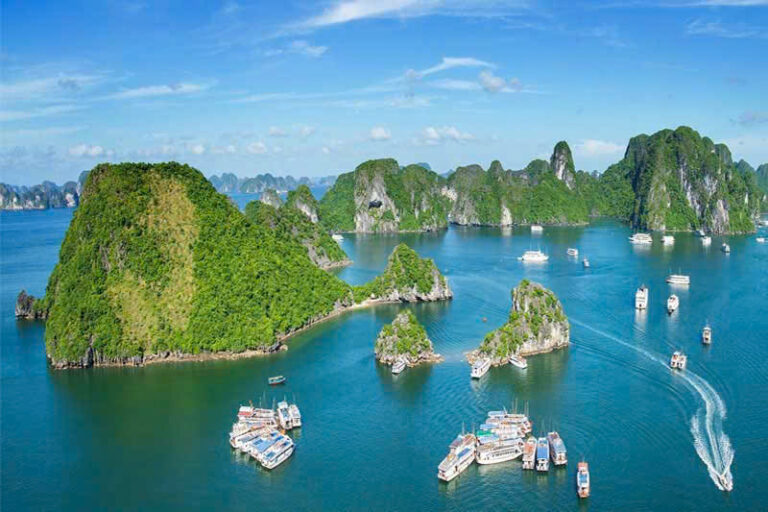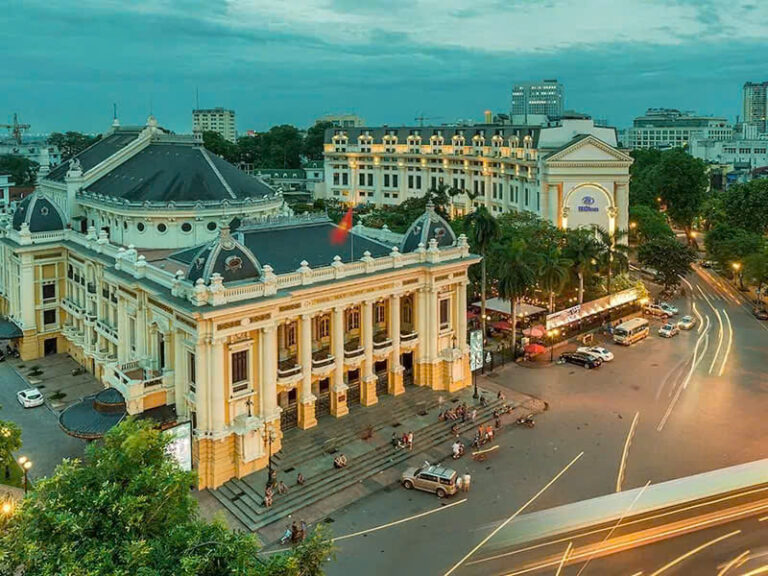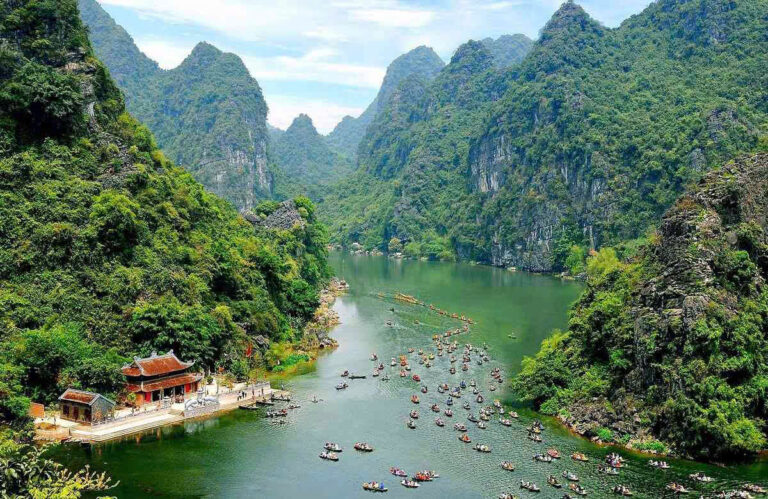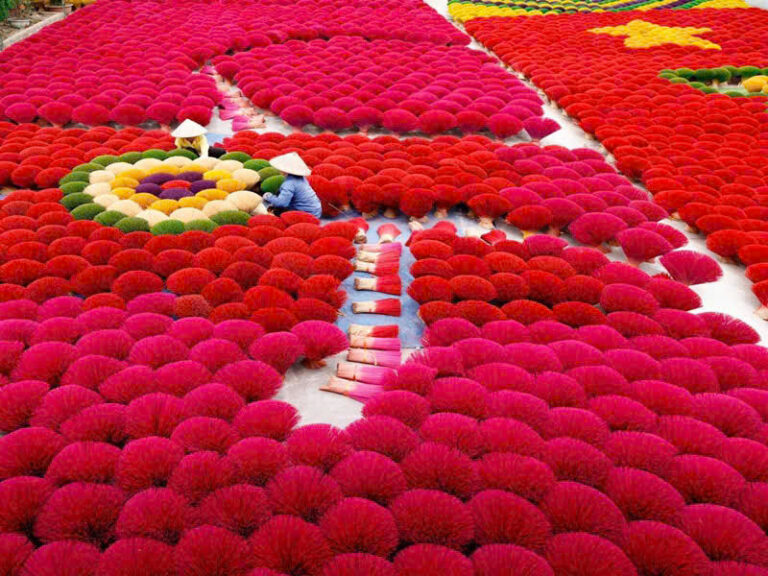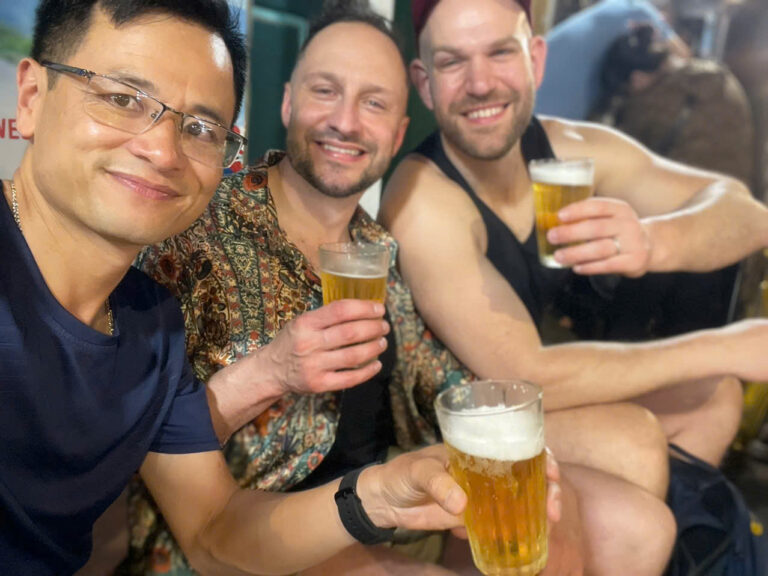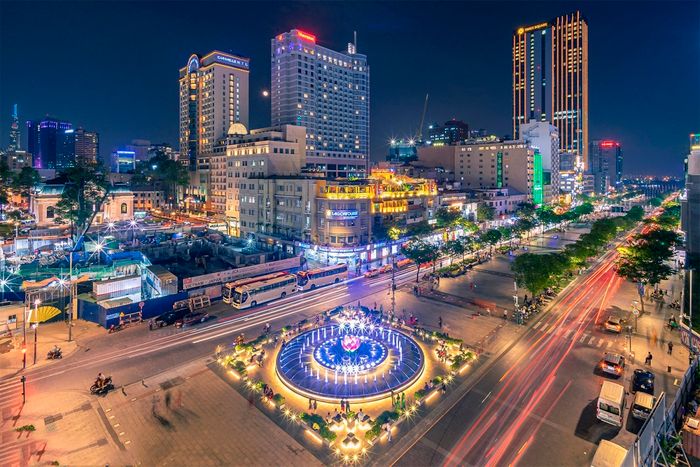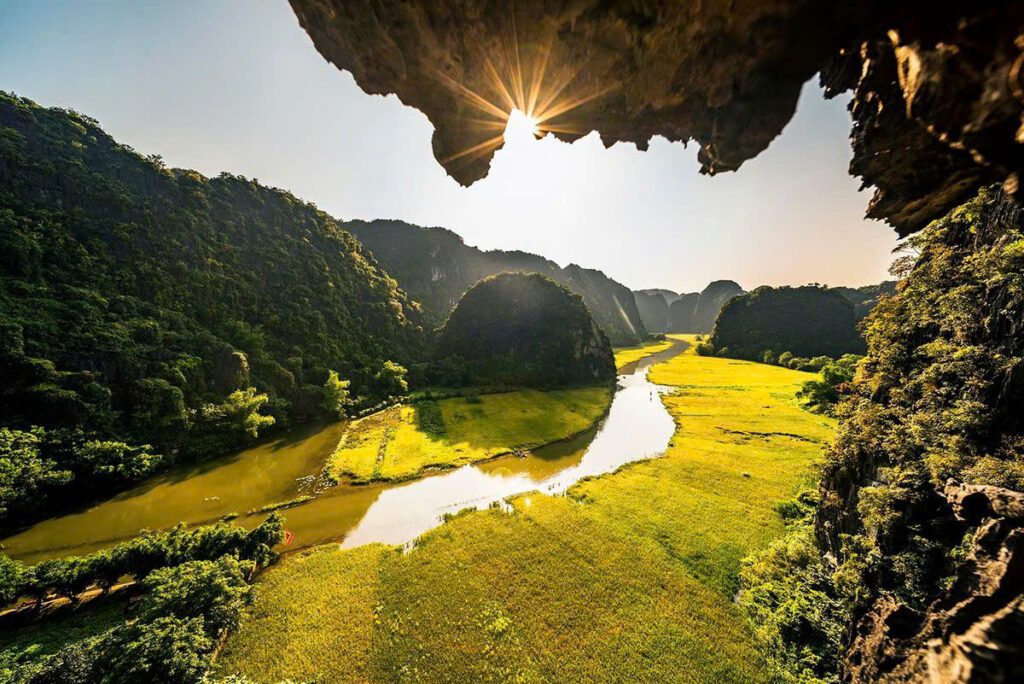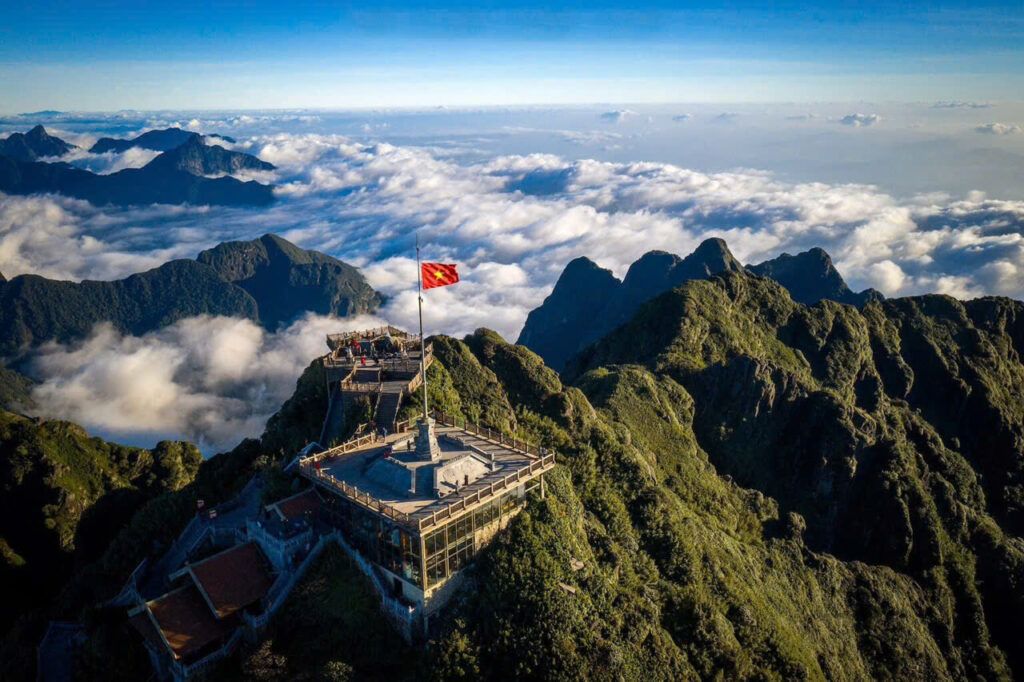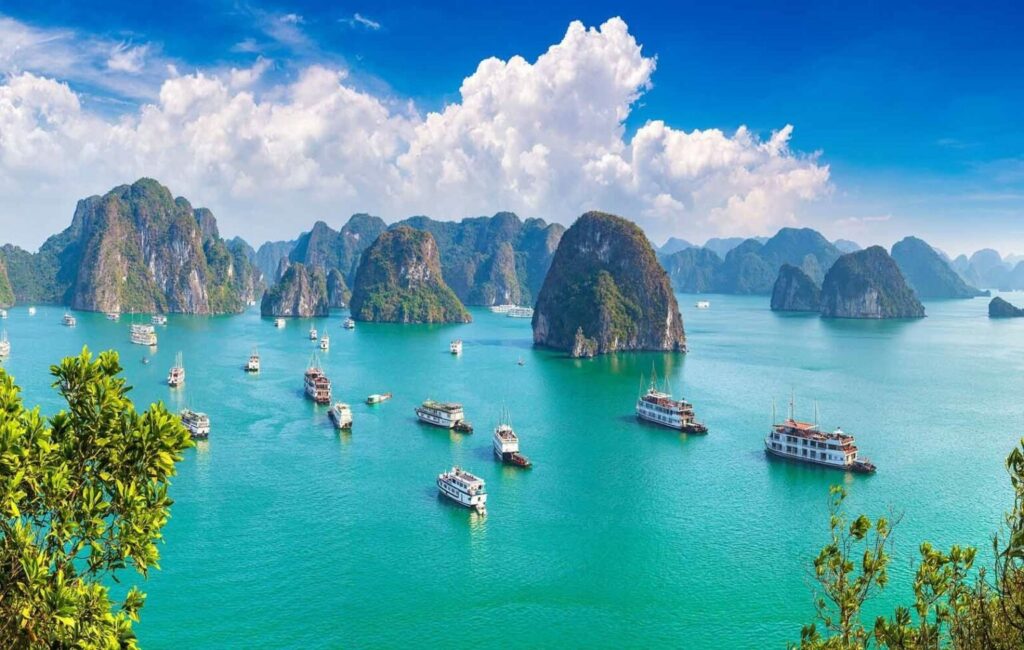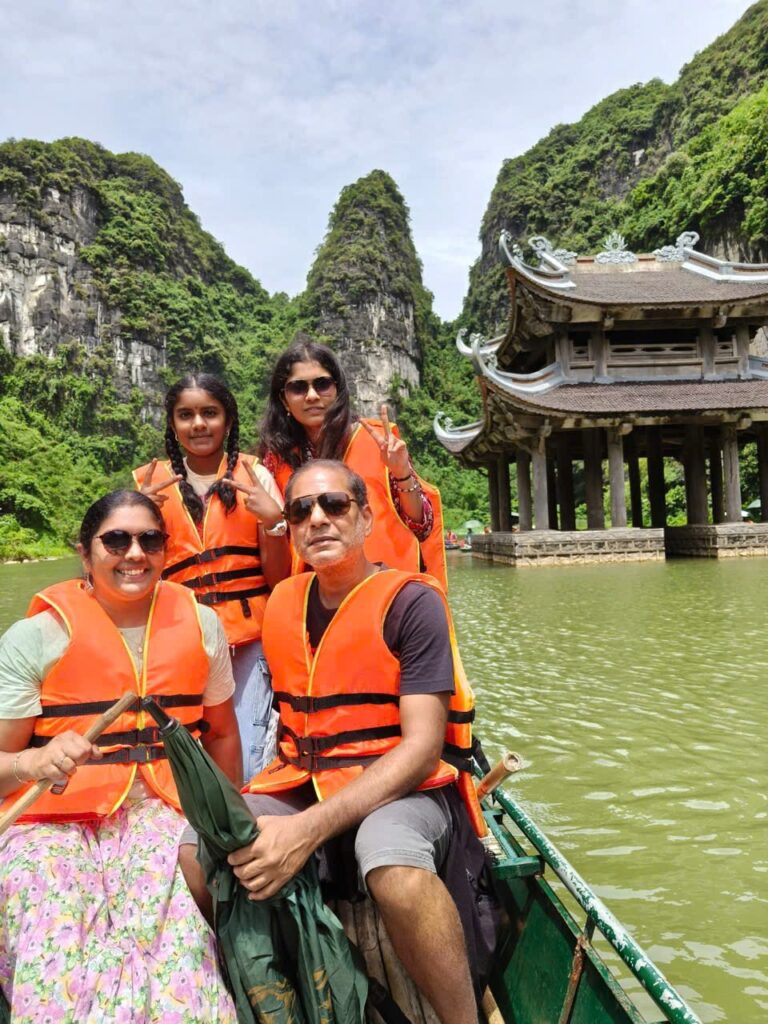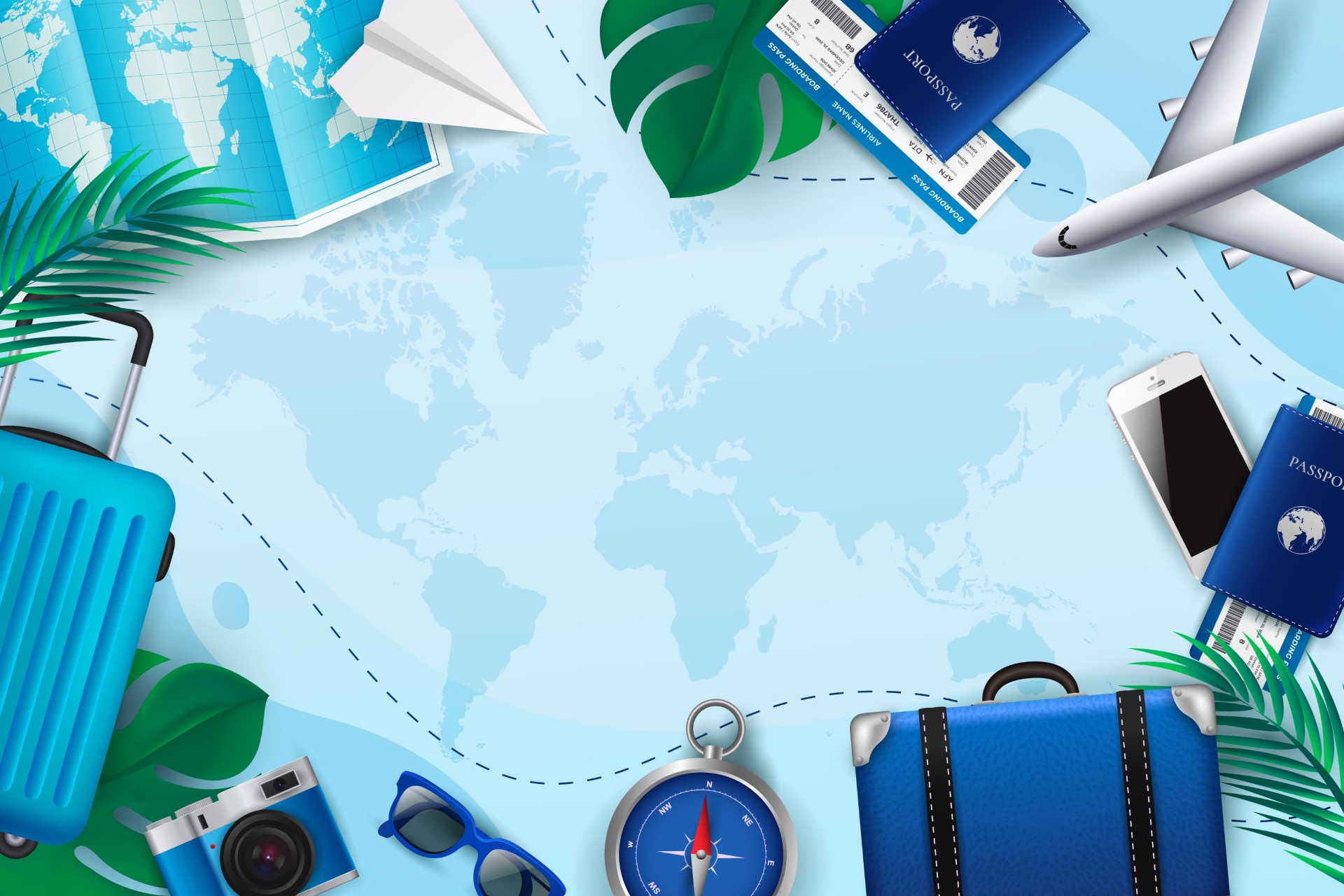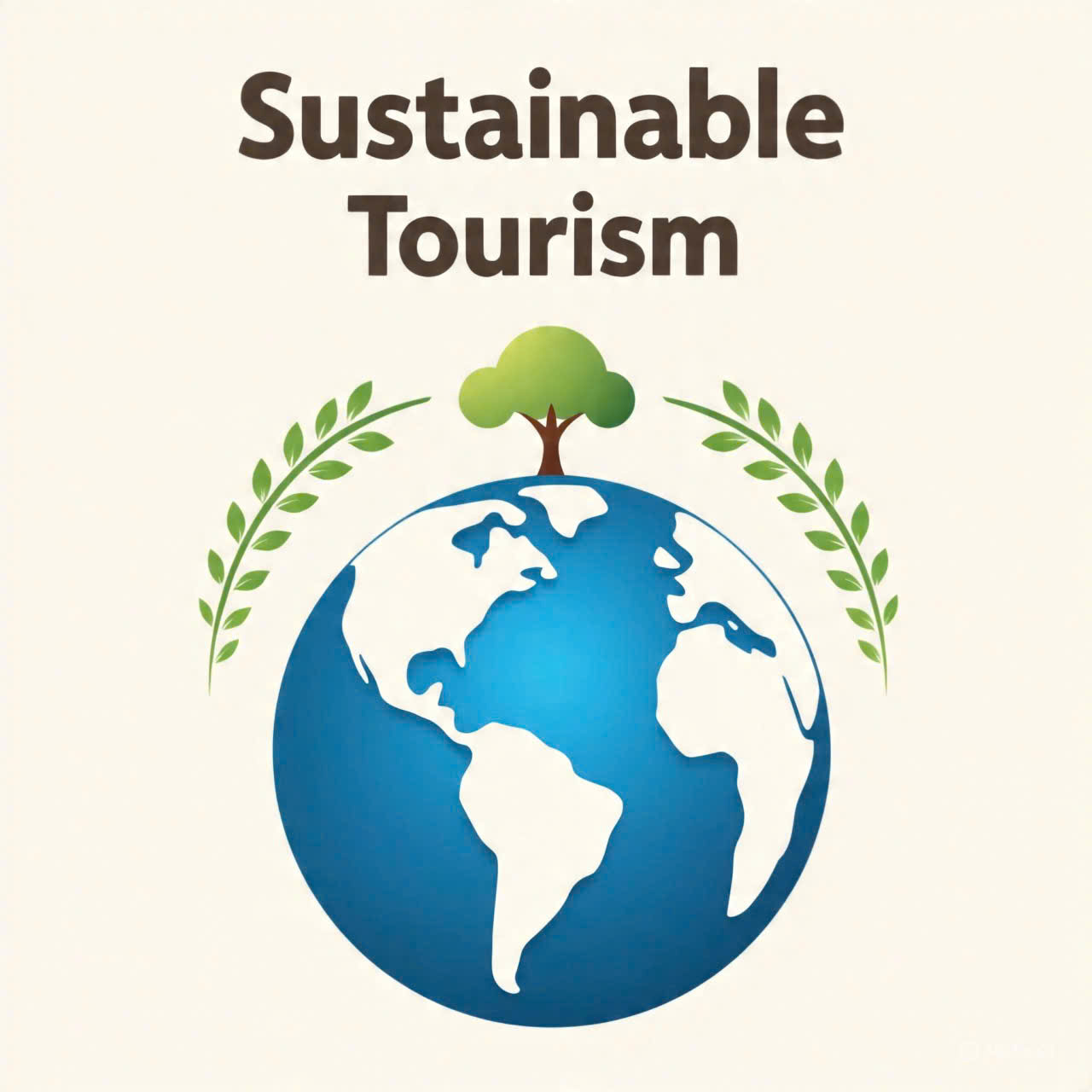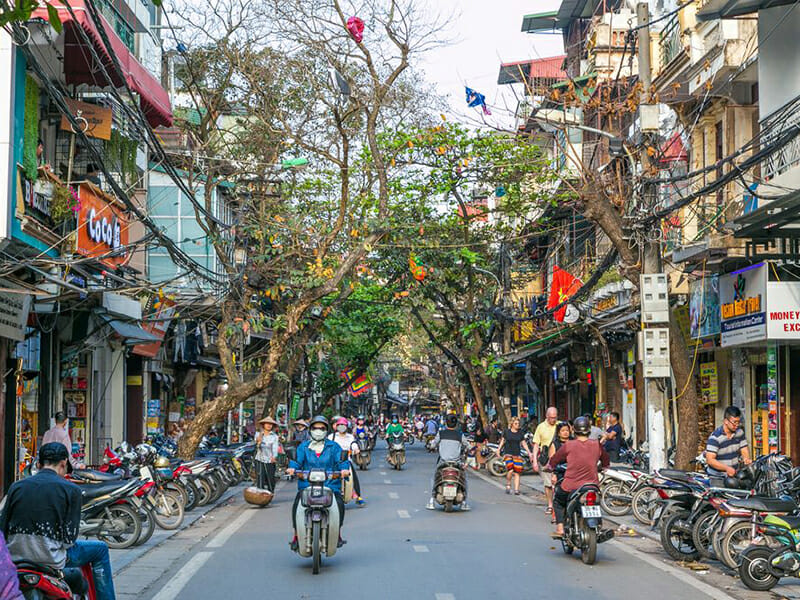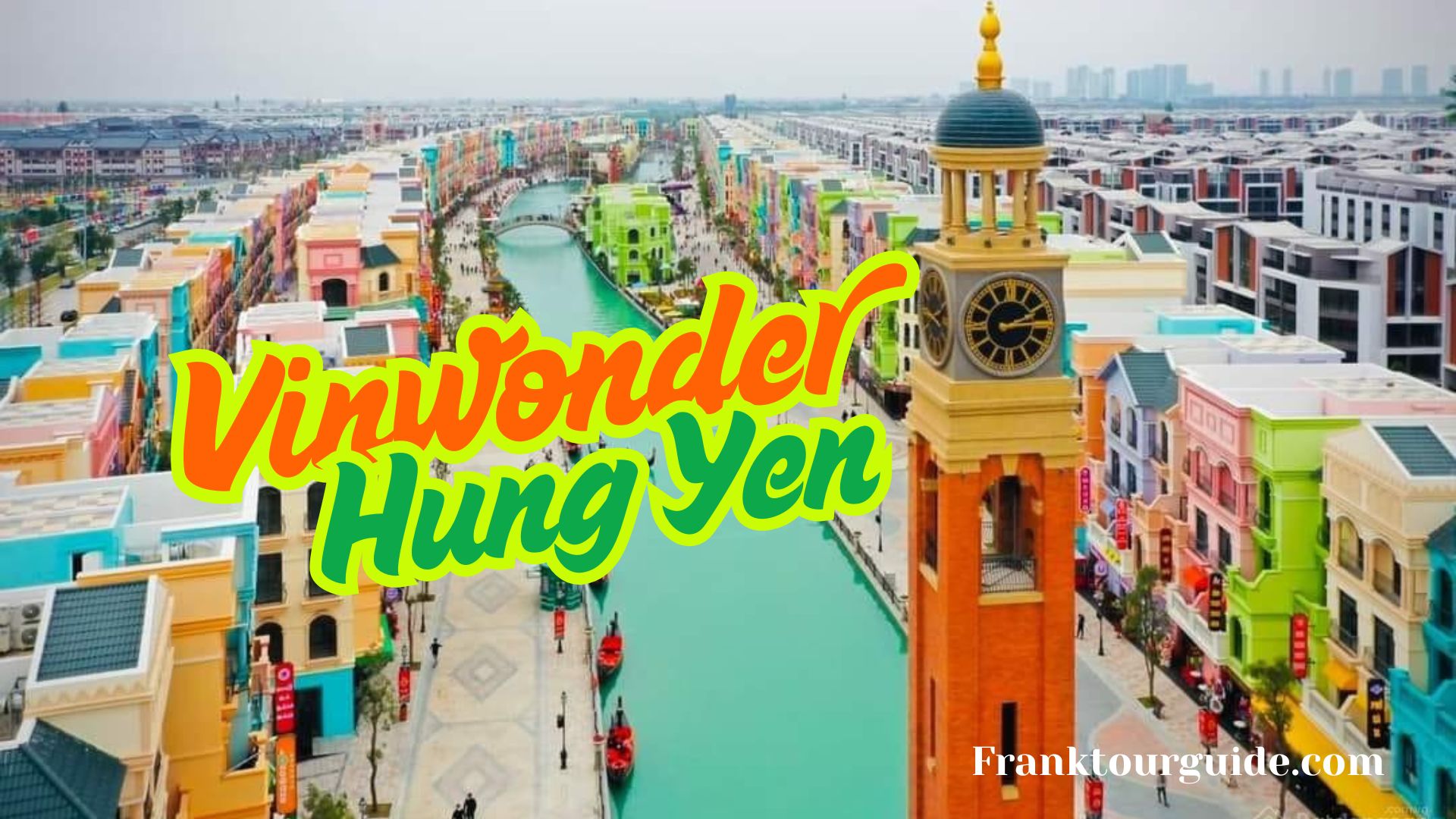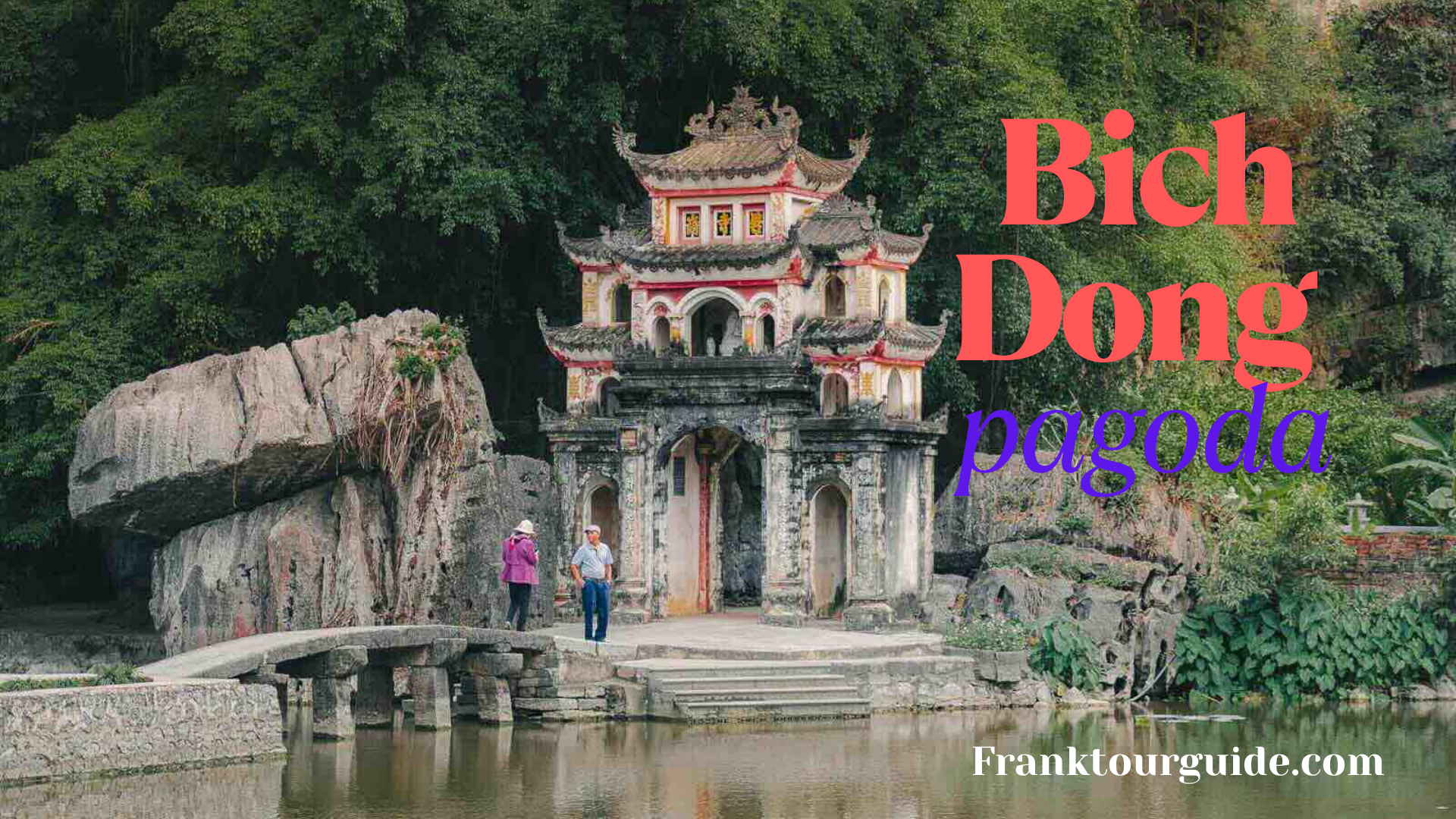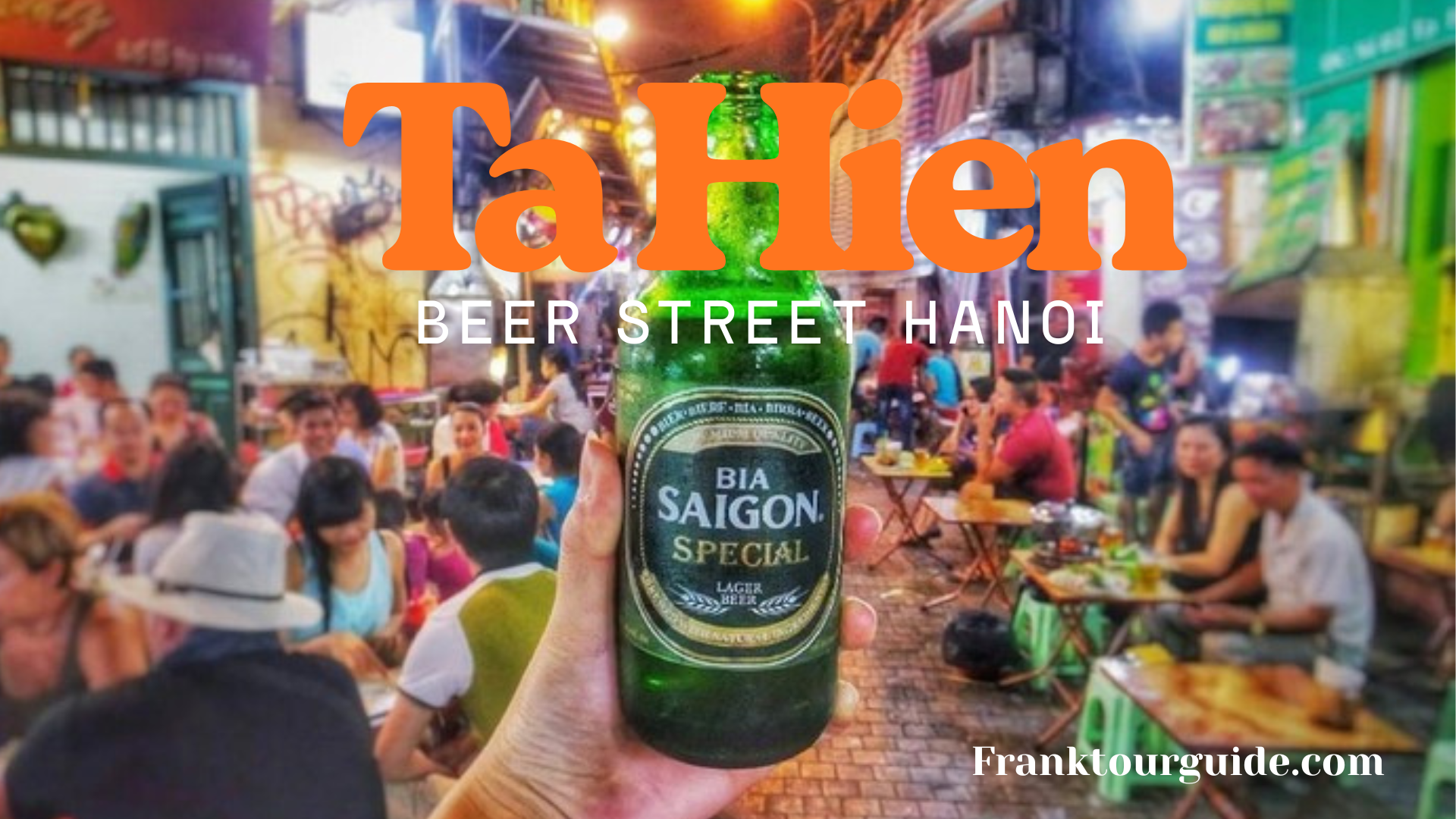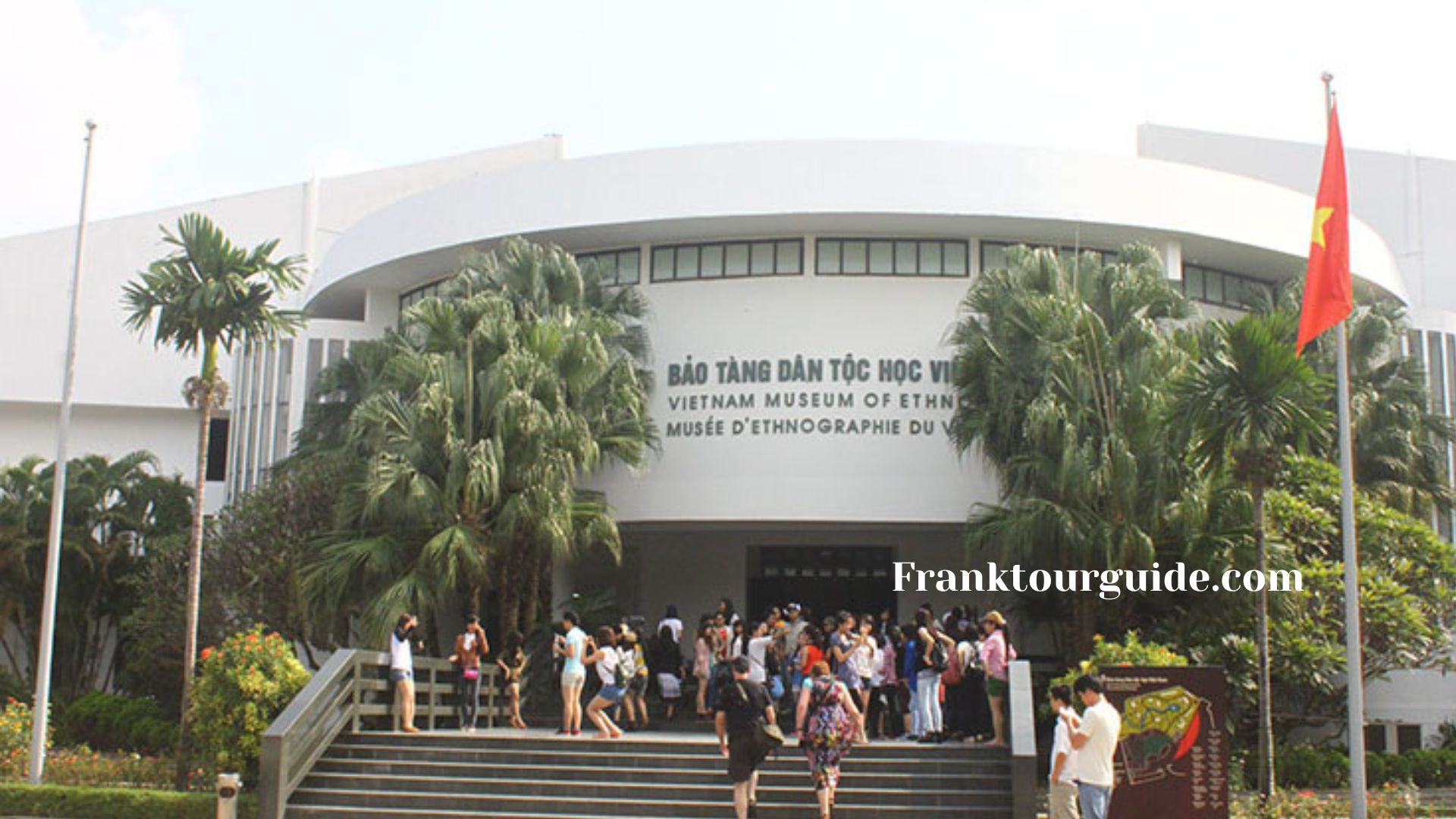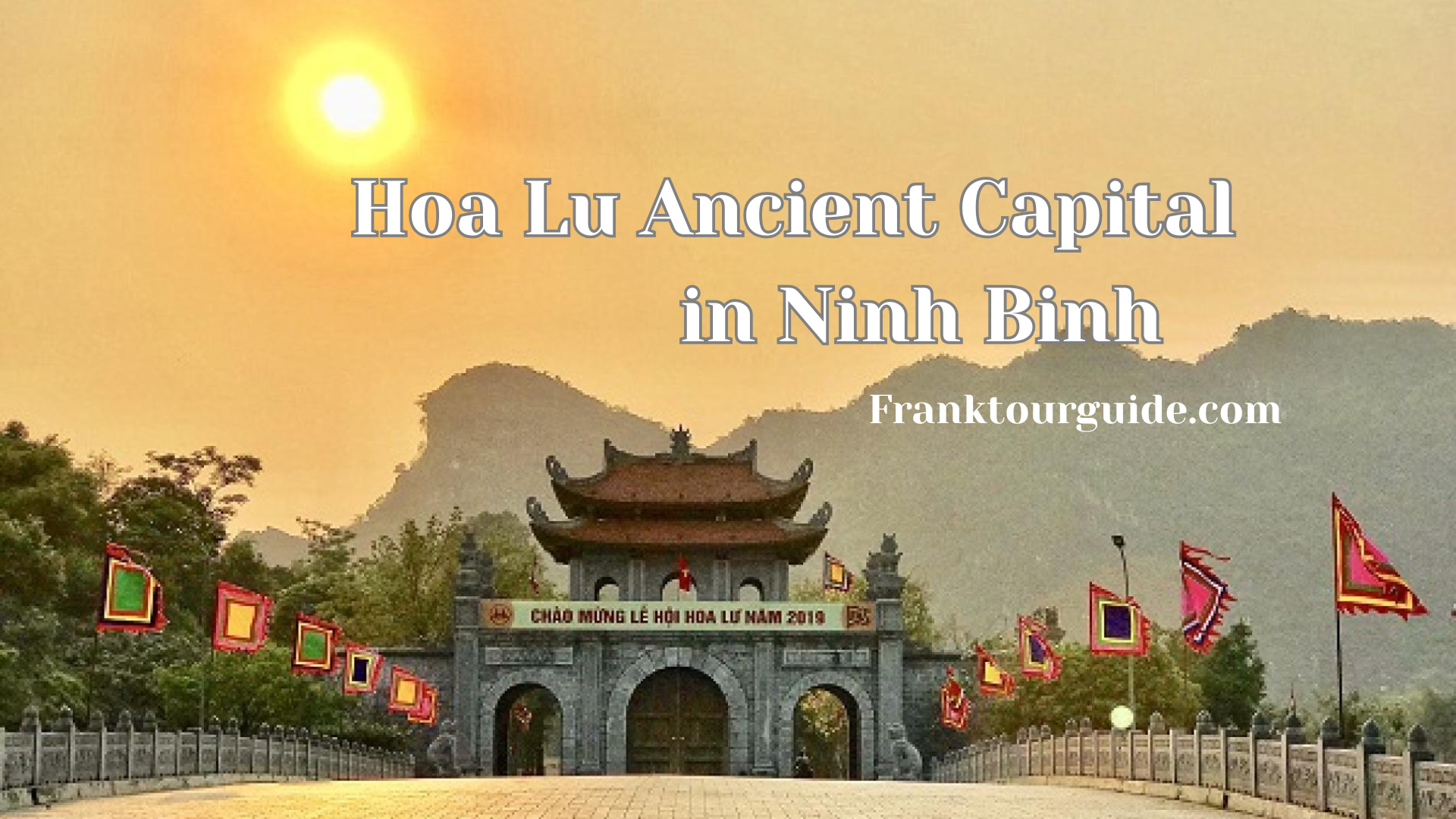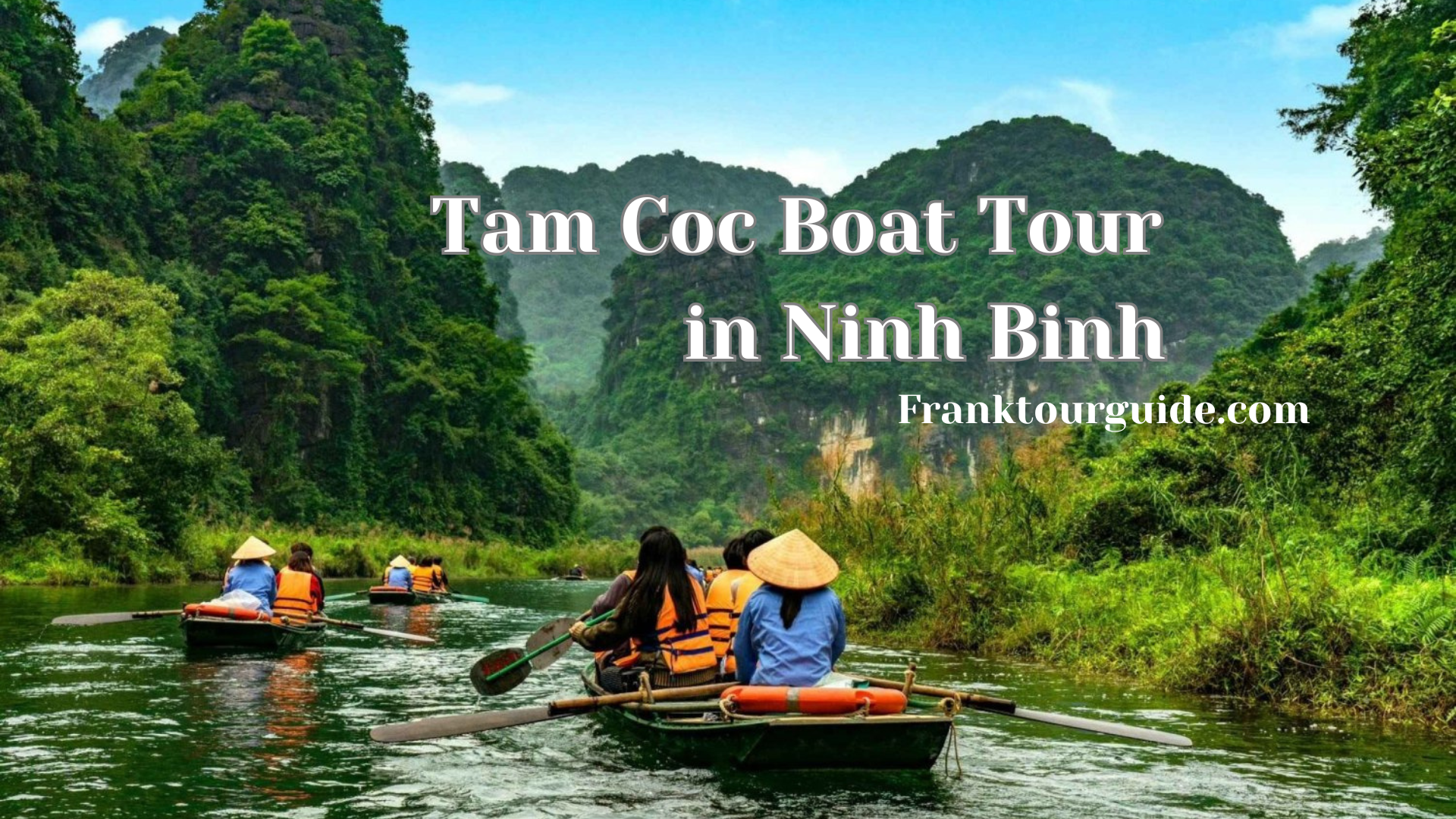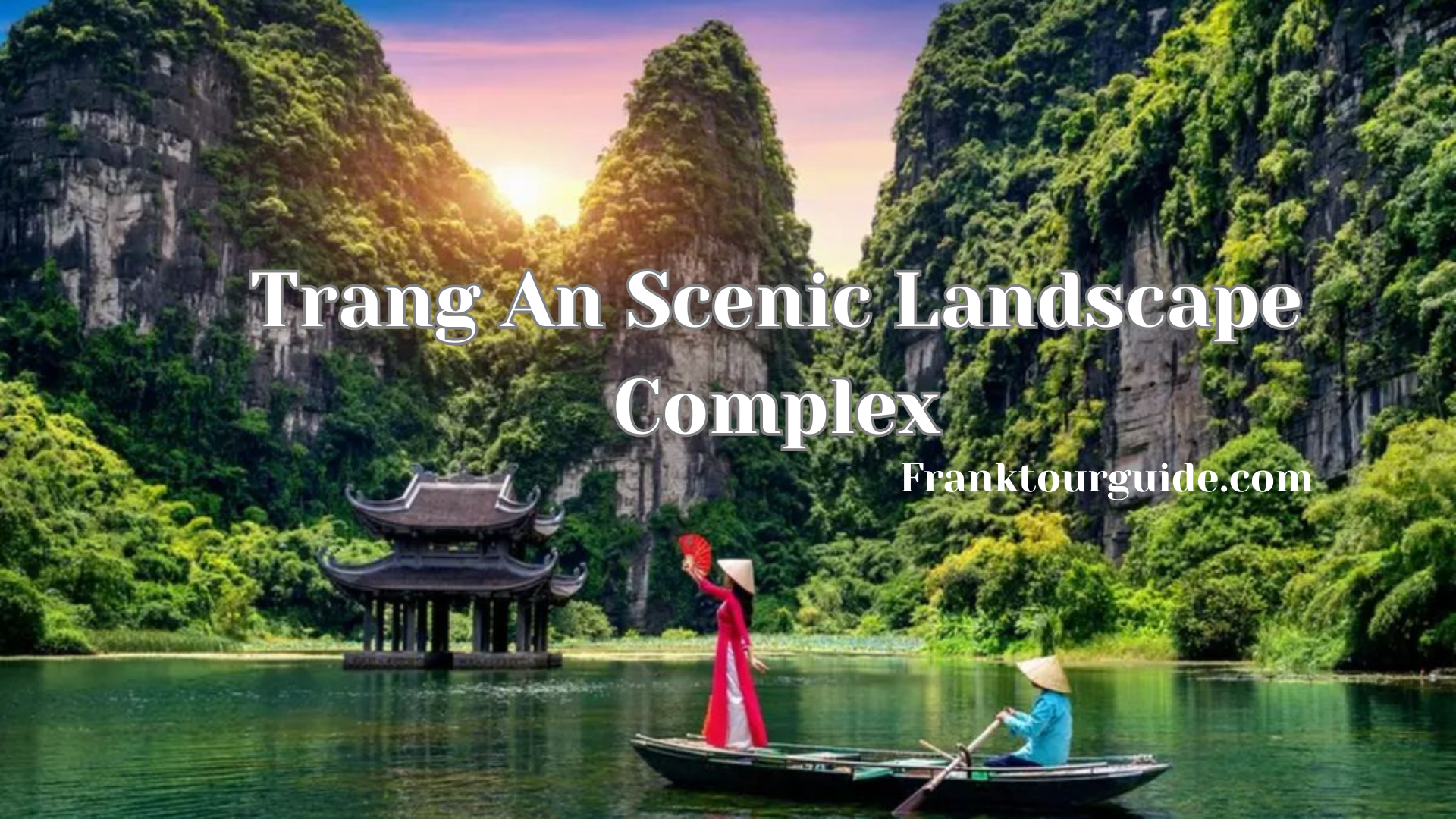Sustainable tourism strives to balance economic growth with environmental stewardship and social responsibility. In Vietnam—a country rich in natural beauty and cultural diversity—sustainable travel models are essential for preserving heritage for future generations. Frank Tour Guide, an independent Hanoi-based guide, exemplifies this approach by integrating eco-friendly practices, community support, and thoughtful traveler education into his services.
1. Profile of Frank Tour Guide
Frank is a highly-rated private guide in Hanoi who assists travelers with everything from booking tours and hotels to meal planning and transportation—all tailored to each guest’s interests. Operating independently, Frank maintains direct relationships with his clients, ensuring transparency and cultural respect in every encounter.
⸻
2. Environmental Stewardship
Though small-scale, Frank’s tours promote eco-awareness:
• Local transport: Prefers walking or cycling through Hanoi’s Old Quarter to reduce emissions.
• Waste reduction: Encourages reusable water bottles and responsible waste disposal.
• Mindful site visits: Educates travelers about not harming delicate environments, respecting local customs, and preserving historic sites.
By embedding these practices into his tours, Frank helps minimize the ecological footprint of tourism while fostering environmental consciousness among visitors.
⸻
3. Supporting Local Communities
Frank is careful to redirect tourism benefits directly to local people rather than intermediaries:
• Local dining: Chooses family-run eateries and street vendors, helping small businesses thrive.
• Craft and cultural support: Recommends authentic Vietnamese art, textiles, and performance venues—channeling tourist spending straight to artisans.
• Off-the-beaten-path visits: Occasionally organizes short excursions to nearby craft villages like the woodworking village of Kim Bồng, benefiting rural communities and showcasing traditional heritage.
This grassroots approach boosts incomes and empowers local communities economically and culturally.
⸻
4. Cultural Respect & Education
Central to Frank’s tours is a respectful immersion into Vietnamese life:
• He provides guidance on local etiquette—such as proper temple conduct, respectful dress codes, and dining manners—helping tourists blend in and show genuine respect.
• He explains cultural contexts behind food, festivals, and rituals, transforming sightseeing into deeper learning experiences.
This educative approach fosters authentic cultural exchange, enhancing mutual understanding and respect.
⸻
5. Impact & Reflections
Though operating solo, Frank’s influence on sustainable tourism is tangible:
• Travelers leave with a heightened awareness of environmental care and cultural sensitivity.
• Local vendors and communities benefit directly from tourist spending.
• Visitors often report returning with a deeper appreciation for Vietnam’s environment and people.
Some challenges remain: scaling this model would require training more guides in sustainability—perhaps via frameworks like the Global Sustainable Tourism Council’s standards. Frank could play a key mentoring role.
⸻
Conclusion
Frank Tour Guide embodies sustainable tourism in action—minimizing environmental harm, maximizing local benefit, and fostering cultural respect. While not a large company, his individualized tours offer a powerful model: small-scale operations can drive meaningful change. As Vietnam develops its tourism sector, guides like Frank show that sustainability doesn’t require big budgets—just big hearts and mindful choices. Tourism done right is tourism that lasts.
